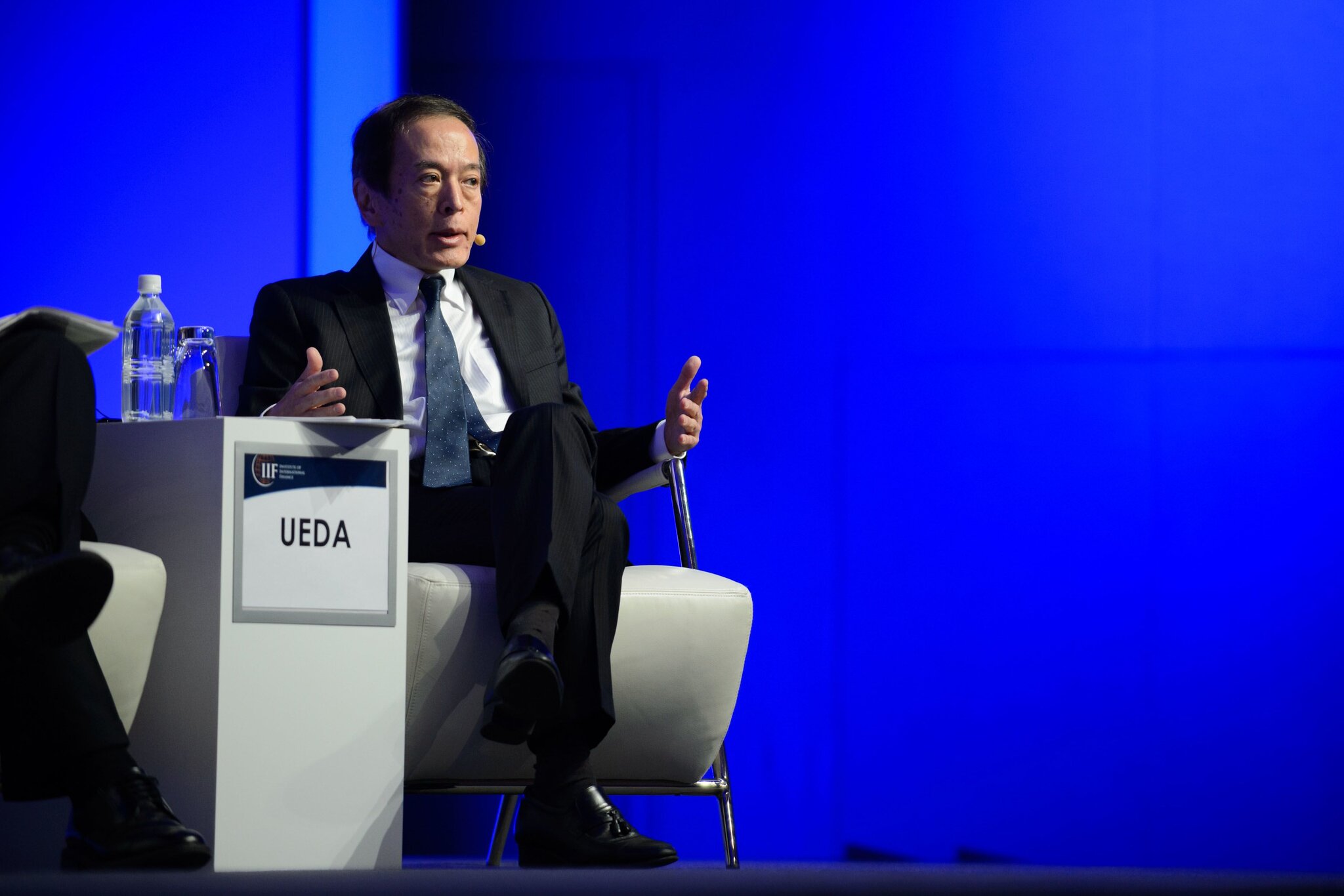Bank of Japan Gov. Kazuo Ueda stated that the central bank might consider ending its negative interest rate policy if it nears the 2% inflation target, potentially leading to interest rate hikes. Ueda mentioned in a Wednesday interview that the central bank could have sufficient data by year-end to make this determination, as reported by the Yomiuri newspaper on Saturday.
Ueda mentioned that if Japan shows consistent inflation increases and wage growth, the central bank has multiple options. If they believe Japan can attain its inflation goal without negative interest rates, they will consider discontinuing them.
Currently, the BOJ maintains short-term interest rates at minus 0.1% and keeps the 10-year government bond yield close to zero as part of its efforts to boost the economy and achieve its target. Even though inflation has surpassed the 2% target for over a year, there is speculation in the markets about the BOJ increasing interest rates. However, Ueda emphasizes that the ultra-loose policy should persist until there is strong evidence of sustained 2% inflation supported by robust demand and wage growth.
Ueda reiterated the BOJ’s commitment to maintaining its ultra-loose policy, emphasizing patience as the watchword for the time being. He pointed out that while Japan is showing some positive signs, achieving their inflation target remains elusive. The BOJ remains vigilant about the risk of unexpected inflation, noting that rising wages are already impacting service prices. The crucial factor is whether wage growth will continue into the next year.
Ueda suggested that enough information and data may be available by year-end to consider ending the negative rate policy.
In a negative rate policy, banks and other financial institutions are obligated to pay interest when depositing surplus funds with the central bank, exceeding the amounts recommended for safety purposes by regulatory authorities.
(Source: Japan Times, Yomiuri Newspaper | Leika Kihara | Jonathan Oatis | Josie Kao | David Gregorio | Reuters)









